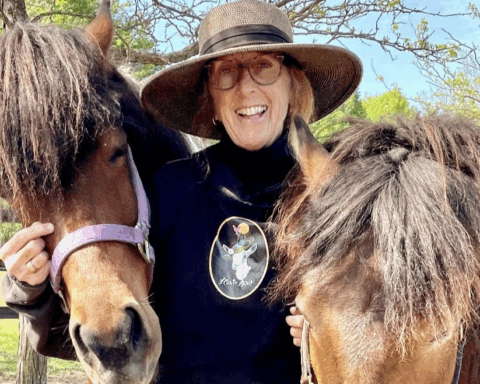The Silence of Others
USA, Spain. 96 Minutes.
Dir. Almunena Carracedo, Robert Bahar.
Program: The Good Fight (North American Premiere)
During the post-War years, Spain had a relatively benign international image, through its tourist-friendly advertising and a military alliance with the Americans. Yet the truth is Franco’s administration was a murderous regime, responsible for torture, concentration camps and forced labour, child stealing and hundreds of thousands of political killings in the worst post-war repression in Europe outside of the Soviet Union.
Since the new millennium there has been a social movement, accompanied by literature and academic studies designed to open that past, to dig up the graves, accuse the guilty and acknowledge the victims, though, as the documentary The Silence of Others shows, it continues to meet fierce resistance. The film, which won an audience award in the Panorama Dokumente section of the 68th Berlinale, chronicles a painstaking six-year struggle to find international legal reckoning for some of the victims.
Directed by the Emmy-winners Almudena Carracedo and Robert Bahar (Made in L.A.), the doc follows the progress of the legal case and the individual stories of several of the plaintiffs. There’s Maria Martin, who makes a regular pilgrimage to put flowers on the side of the highway where her mother’s naked body was thrown in a ditch. And Jose Galante, who was tortured as a student protestor in the early ‘70s, and discovers that the man who tortured him lives only metres away from his Madrid home. A woman in Cadiz, who had been told her newborn baby died, discovered that her doctor took dozens of children from their mothers, handing them off to families sympathetic to the Franco regime.
The legal strategy involves appealing to international law, by bringing in a tough-minded Argentine judge Maria Servini to challenge the Spanish courts, extradite suspected criminals and try them in Buenos Aires. As it happens, Spain established the precedent, when Chilean dictator, Augusto Pinochet, was arrested on a Spanish warrant in 1998. Although inspiring, ultimately this is not a triumphant story. During the film, Judge Servini is blocked by the Spanish courts in her attempt to force suspected human rights abusers to face trial. The grotesque cult of Franco, revered as a champion of Catholicism and enemy of communism, lives on. One scene shows Franco sympathizers waving English-language placards, saying “Make Spain Great Again.”
While it may serve to introduce international audiences to one of the twentieth-century’s horror stories, The Silence of Others isn’t beyond criticism. The film’s quick history of the post-Franco history and the infamous “pact of forgetting” with the 1977 amnesty law (which freed many Spanish fascists from legal charges against them), is too reductive. In street interviews, we see millennials who say they know nothing of the amnesty law or the pact of forgetting, but that’s just bad education, not national amnesia.
British historian Nigel Townson has pointed out that there have been more than 3,000 books published in Spanish on the civil war between 1975 and 1995, as well as numerous TV documentaries, movies and newspaper articles. The “pact” was more about a political decision to try to establish a democratic government rather than fight a second civil war.
Nor is it the case, as viewers may think, that Spanish politicians are all determined to shut out the truth. The issue divides sharply on party lines: In 2007, the Socialist People’s Party successfully introduced the Historical Memory Law, repudiating the Franco era and seeking redress for its victims. On a municipal or provincial level, local governments continue to attempt to dismantle the Franco legacy, including street names and statues, a movement that is understood by political progressives as a battle for Spain’s dignity and maturity as a democracy.
The Silence of Others screens:
-Sat, May 5 at 11:45 AM at Scotiabank









